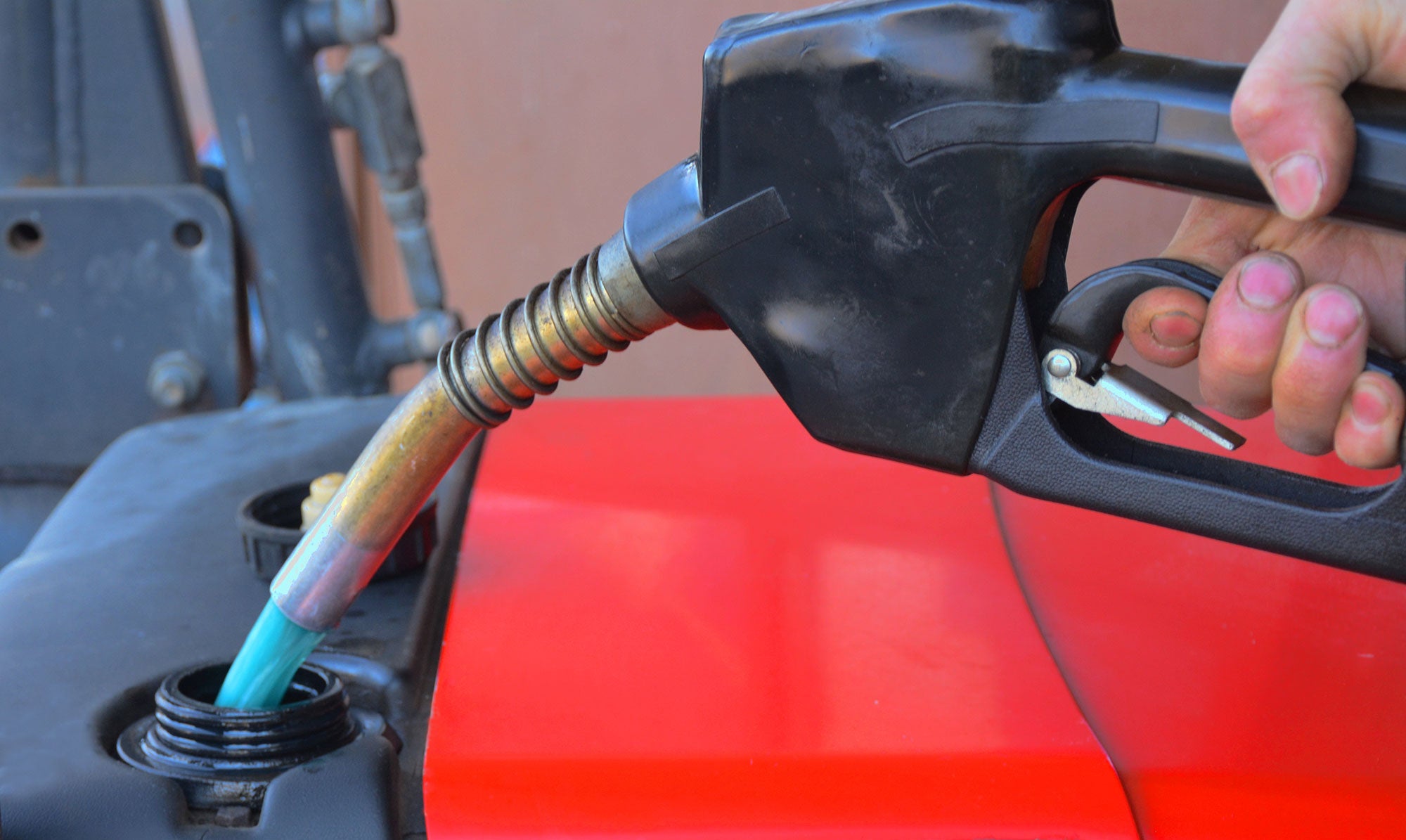DAILY Bites
-
EPA guidance allows manufacturers to modify DEF system software on new and existing diesel vehicles to reduce crippling engine derates, with no extra reporting requirements.
-
The action responds to longstanding concerns from farmers, truckers, and industry stakeholders about operational and economic impacts from SCR-related power losses.
-
The American Farm Bureau Federation praised the decision, calling it a common-sense approach that will keep commerce moving and farmers in the field.
DAILY Discussion
The Environmental Protection Agency says that is is now taking action to address growing concerns from farmers, truckers, and other diesel vehicle operators over performance issues tied to selective catalytic reduction systems that use Diesel Exhaust Fluid.
The agency announced Tuesday it is issuing new guidance to manufacturers outlining how they may modify DEF systems on both new and existing diesel vehicles and nonroad equipment to reduce severe “derates” — situations where vehicles lose speed and power to nearly inoperable levels, sometimes as low as five miles per hour. The EPA is urging engine and equipment manufacturers to follow this guidance and quickly develop software updates in line with the recommendations.
Since 2010, nearly all on-road diesel trucks and many types of nonroad equipment, such as tractors and construction machinery, have used DEF as part of SCR systems to reduce emissions of nitrogen oxides.
While the derate feature was intended to enforce compliance with EPA Tier 4 Emissions Standards, it has also created operational disruptions. Vehicles can drastically reduce speed or become inoperable if DEF runs out or if system sensors fail.
Despite a 15-year effort to make DEF widely available at fueling stations and truck stops, access challenges remain, and equipment owners have reported significant frustration, delays, and economic hardship.
To address issues in older, in-use vehicles, the EPA has developed voluntary guidance for manufacturers in collaboration with industry partners. The guidance provides clear direction on permissible software changes and assures manufacturers that additional reporting requirements will not be imposed, eliminating bureaucratic delays in deploying fixes.
EPA emphasized that, by law, it cannot mandate repairs for vehicles already in use, which is why the new approach relies on voluntary compliance by manufacturers.

Why now?
The EPA said the decision comes in response to persistent feedback from farmers, truckers, and industry stakeholders about the real-world impacts of diesel engine derates. The goal is to maintain emissions compliance while reducing disruptions to safety, transportation, and commerce.
In 2014, the EPA issued a Final Rule for Emergency Vehicles that included provisions for selective catalytic reduction maintenance and regulatory flexibility for nonroad equipment. These rules set minimum maintenance intervals for DEF replenishment, allowed temporary relief from emission controls during emergencies, and updated earlier emergency vehicle rules.
In 2022, EPA finalized a revised inducement strategy for model year 2027 and newer heavy-duty on-highway vehicles. This update addressed user concerns, improved serviceability, expanded diagnostic data access, required disclosure of critical component part numbers, and mandated clearer operational information for emissions systems.
Vehicles using DEF must meet applicable NOx emissions limits under EPA Tier 2, Tier 4, or 2010 standards, depending on the vehicle type and year. They also must have on-board diagnostics to monitor the SCR system, tamper prevention systems, and driver alerts for low DEF levels or system failures.
American Farm Bureau Federation President Zippy Duvall welcomed the EPA’s action, stating:
“Farm Bureau thanks the EPA and Administrator Zeldin for their common-sense approach to heavy trucks and off-road equipment that use Diesel Exhaust Fluid. When a vehicle runs out of DEF or there is an error in the software, it loses power, causing delays that could be the difference between getting a crop harvested or animals to their destination.
“EPA’s decision to grant a grace period to make repairs or refill DEF is the right thing to do. It keeps commerce moving and farmers in the field.”



:max_bytes(150000):strip_icc()/52513708671_2a6075fabe_o-dcd59efb1faf4c40afb3d8f39629aa7d.jpg)
:max_bytes(150000):strip_icc()/JaceYoung-ee4a04deb5fe4fbfa816744f027fcda5.jpg)




:max_bytes(150000):strip_icc()/pumpkins-_-cami-koons-2048x1545-b706ebeeace44615adaef29ad2c99f39.jpg)
:max_bytes(150000):strip_icc()/1-89ea904b07704f62a53279adb3db52b3.jpg)
